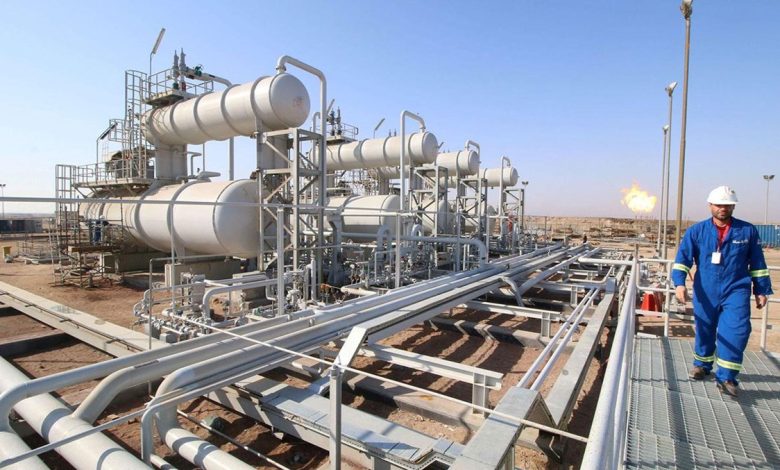Sudan’s War Strangles South Sudan Economy

Sudan Events – Agencies
South Sudan’s Minister of Finance, Awu Daniel Chuang, said that the country’s revenues from crude oil sales had diminished due to the ongoing war in its northern neighbor, Sudan, which led to the disruption of a pipeline linking to the port of Port Sudan, which contributed to the delay in disbursing the salaries of government employees in South Sudan.
South Sudan was pumping about 150,000 barrels per day of crude oil for export through Sudan, and paying it transit fees according to a formula that was agreed upon when South Sudan seceded in 2011, taking with it most of the oil production that the unified Sudan had.
Three Sudanese officials told Reuters earlier this week that the main pipeline from South Sudan has been at a standstill since last month, due to problems related to the war between the Sudanese army and the Rapid Support Forces RSF.
Chuang added in a press conference on Thursday that government employees have not received their salaries for 6 months for reasons including a decline in oil revenues.
He added, “The situation has worsened due to what is happening in Sudan… and South Sudan depends on oil for more than 90% to finance its government expenses.”
Representative Peter Magaya Ngbanagano, who is responsible for a parliamentary subcommittee on oil affairs, stated in a letter to President Salva Kiir last Tuesday that the stoppage, if it continues, could lead to losses of no less than $100 million per month.
The Sudanese Minister of Energy, Mohieldin Naiem, announced in a message dated the 16th of this month a state of force majeure, due to a “major rupture” in the pipeline that transports crude oil from South Sudan to the city of Port Sudan on the Red Sea for export.
The message stated that the rupture occurred in February in the “military operations area” in Sudan, where the conflict has been raging since April of last year.



